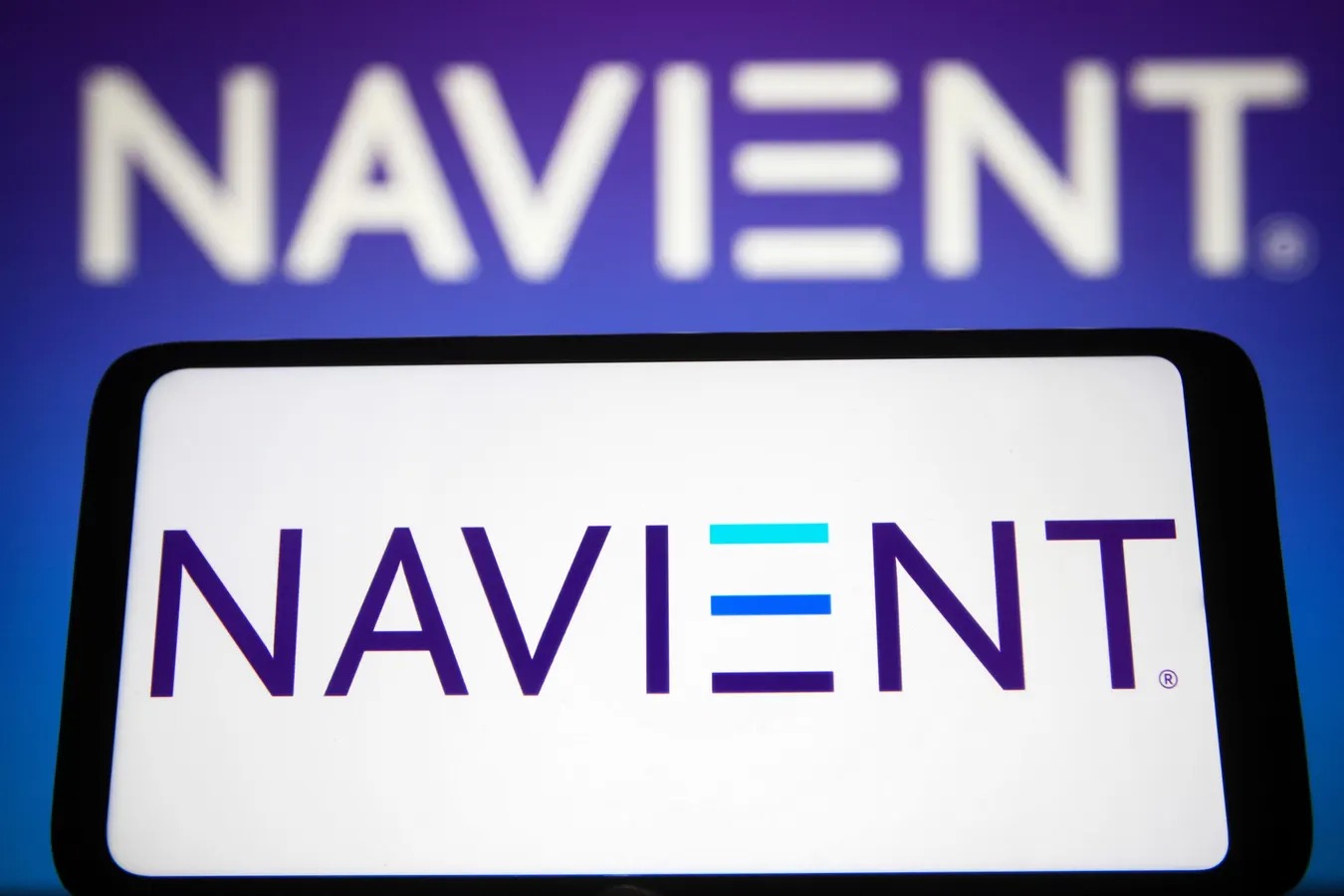

Finance
What Is The Student Loan Grace Period?
Modified: February 21, 2024
Learn about the student loan grace period and how it can affect your finances. Understand the implications for your financial planning.
(Many of the links in this article redirect to a specific reviewed product. Your purchase of these products through affiliate links helps to generate commission for LiveWell, at no extra cost. Learn more)
Table of Contents
Introduction
Are you or someone you know preparing to embark on a journey through higher education? If so, understanding the intricacies of student loans is crucial to your financial well-being. One significant aspect of student loans that often causes confusion is the grace period. This period, which follows the completion of studies or a drop below half-time enrollment, is a valuable time frame that can help borrowers transition into the repayment phase with greater ease.
During the grace period, borrowers are not yet required to make payments on their student loans, providing a breathing space to secure employment and establish a stable financial foundation. However, it's essential to comprehend the specifics of this period to make the most of its benefits and avoid potential pitfalls.
In this comprehensive guide, we will delve into the intricacies of the student loan grace period, outlining its significance, benefits, and how you can leverage this time to your advantage. Whether you're a current student, recent graduate, or a parent seeking clarity on your child's student loans, this article will equip you with the knowledge needed to navigate the student loan grace period effectively. Let's embark on this enlightening journey and unravel the mysteries of the student loan grace period together.
Understanding the Student Loan Grace Period
Upon completing your studies or dropping below half-time enrollment, you will enter the student loan grace period. This typically spans six months, offering a valuable window before you are required to commence repaying your student loans. It’s important to note that not all types of student loans have a grace period, so it’s crucial to verify the terms of your specific loan.
During the grace period, interest may continue to accrue on your loans, depending on the type of loan you have. Subsidized federal loans do not accrue interest during this time, providing a financial reprieve, while unsubsidized federal loans and private loans accumulate interest throughout the grace period. Understanding the interest dynamics of your loans is essential for making informed financial decisions.
Furthermore, the grace period offers a prime opportunity to assess your financial situation, explore employment prospects, and design a feasible repayment plan. By comprehending the terms and conditions of your loans and evaluating your financial standing, you can lay a solid foundation for managing your student loan debt effectively.
It’s crucial to stay informed about the duration of your grace period, as well as any circumstances that may impact its length. For example, if you re-enroll in school on at least a half-time basis before the grace period concludes, you can typically regain the grace period when you graduate, leave school, or drop below half-time enrollment again.
Understanding the student loan grace period is pivotal for setting the stage for successful loan repayment. By grasping the nuances of this period, you can make informed decisions and embark on your post-education journey with financial confidence.
Benefits of the Student Loan Grace Period
The student loan grace period offers a multitude of benefits that can significantly ease the transition from student life to the professional world. Here are some key advantages of this crucial interval:
- Financial Breathing Room: The grace period provides a valuable buffer, allowing you to focus on securing employment and stabilizing your finances before the burden of loan repayment commences.
- Opportunity for Financial Planning: During this time, you can assess your financial situation, create a budget, and develop a repayment strategy tailored to your income and expenses.
- Grace Period for Subsidized Loans: For those with subsidized federal loans, the grace period offers relief from accruing interest, enabling you to start repayment with a loan balance that remains unchanged from when you graduated.
- Time for Loan Consolidation: The grace period presents an ideal window for considering loan consolidation, potentially streamlining multiple loans into a single, more manageable payment.
- Building an Emergency Fund: You can utilize the grace period to establish an emergency fund, providing a financial safety net for unexpected expenses once loan repayment begins.
By recognizing and harnessing these benefits, borrowers can leverage the grace period to lay a solid foundation for their financial future, setting the stage for successful loan management and repayment.
How to Make the Most of the Student Loan Grace Period
Maximizing the benefits of the student loan grace period entails strategic planning and proactive financial management. Here are essential steps to make the most of this invaluable interval:
- Assess Your Financial Standing: Use this time to gain a comprehensive understanding of your financial situation. Calculate your total student loan debt, evaluate your monthly expenses, and determine your income prospects post-graduation.
- Create a Budget: Develop a realistic budget that encompasses living expenses, potential loan payments, and savings goals. A well-crafted budget can help you manage your finances effectively and avoid unnecessary debt.
- Explore Repayment Options: Research the various repayment plans available for your student loans. Understand the terms of each plan, including income-driven options, and select the one that aligns with your financial circumstances and long-term goals.
- Utilize Financial Resources: Take advantage of financial management resources, such as budgeting apps, personal finance books, and online courses, to enhance your money management skills and make informed financial decisions.
- Consider Loan Consolidation: If you have multiple federal loans, weigh the benefits of consolidating them into a Direct Consolidation Loan. This can simplify your repayment process and potentially lower your monthly payments by extending the repayment term.
- Build an Emergency Fund: Allocate a portion of your savings towards building an emergency fund during the grace period. Aim to set aside three to six months’ worth of living expenses to cushion any financial shocks in the future.
- Seek Employment and Income Opportunities: Actively pursue job opportunities, internships, or freelance work to secure a stable income post-graduation. A proactive approach to employment can help you transition into the repayment phase with greater financial stability.
By implementing these proactive measures, you can optimize the student loan grace period to fortify your financial position and pave the way for a successful transition into loan repayment.
What Happens After the Student Loan Grace Period?
As the student loan grace period draws to a close, it’s essential to prepare for the upcoming transition into loan repayment. Here’s what borrowers can expect once the grace period concludes:
- Commencement of Loan Repayment: Following the expiration of the grace period, borrowers are required to start making regular monthly payments on their student loans. It’s crucial to be aware of the due date for your first payment and the amount owed.
- Interest Capitalization: For borrowers with unsubsidized federal loans or private loans, any accrued interest during the grace period may capitalize, meaning it will be added to the principal balance of the loan. This can result in a higher overall loan balance and increased interest costs over time.
- Loan Servicer Communication: Borrowers may receive communication from their loan servicer regarding the commencement of repayment, including details about the repayment plan, monthly payment amount, and options for setting up automatic payments.
- Repayment Plan Selection: If you haven’t already chosen a repayment plan, you will need to select one that aligns with your financial situation and goals. Federal loan borrowers can explore various options, such as income-driven repayment plans, to tailor their payments to their income level.
- Grace Period Restoration: If you re-enroll in school on at least a half-time basis after utilizing the grace period, you may regain the grace period when you graduate, leave school, or drop below half-time enrollment again. This provides a renewed period of non-payment before entering repayment.
It’s imperative to stay informed and proactive as the grace period concludes, ensuring a smooth transition into the repayment phase. By understanding the post-grace period processes and preparing accordingly, borrowers can navigate the complexities of student loan repayment with confidence.
Conclusion
The student loan grace period serves as a vital bridge between the completion of studies and the commencement of loan repayment, offering borrowers a valuable window to stabilize their finances and plan for the future. By understanding the nuances of the grace period and leveraging its benefits, individuals can set the stage for effective loan management and successful repayment.
Throughout the grace period, borrowers have the opportunity to assess their financial standing, explore repayment options, and build a solid foundation for managing their student loan debt. Whether it involves creating a budget, establishing an emergency fund, or seeking employment opportunities, proactive steps taken during this time can significantly impact one’s financial well-being post-graduation.
As the grace period concludes, borrowers should prepare for the transition into loan repayment, ensuring that they are well-informed about their repayment plan, monthly payment obligations, and any accrued interest during the grace period. By staying proactive and engaged with their loan servicer, borrowers can navigate the complexities of loan repayment with confidence and clarity.
Ultimately, the student loan grace period is not merely a hiatus from loan payments; it is a strategic opportunity to lay the groundwork for a financially stable future. By making the most of this grace period, borrowers can embark on their post-education journey with confidence, equipped with the knowledge and preparation needed to manage their student loan obligations effectively.
Embracing the grace period as a time for financial empowerment and planning can empower borrowers to navigate the intricacies of student loan repayment and pave the way for long-term financial success.














